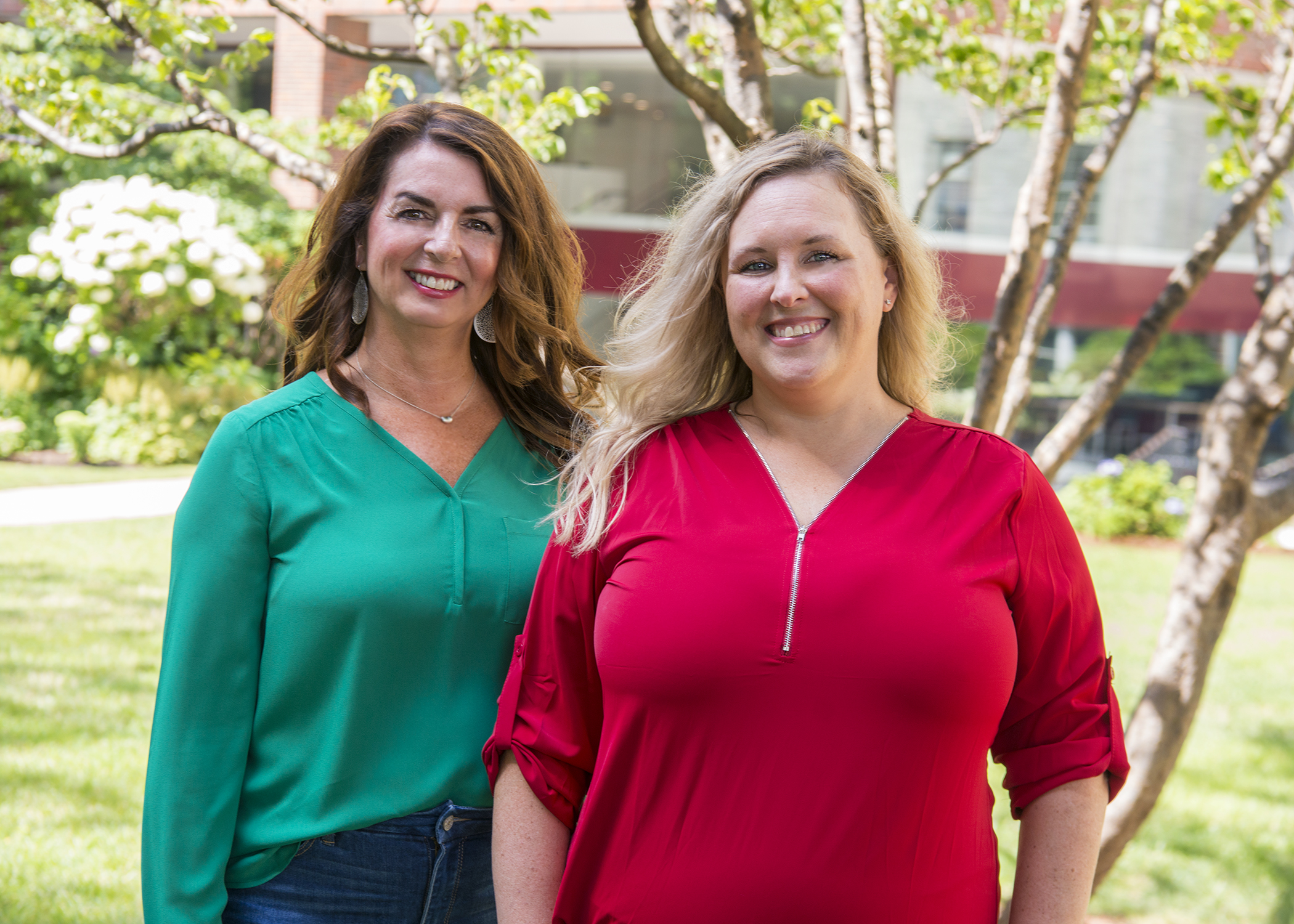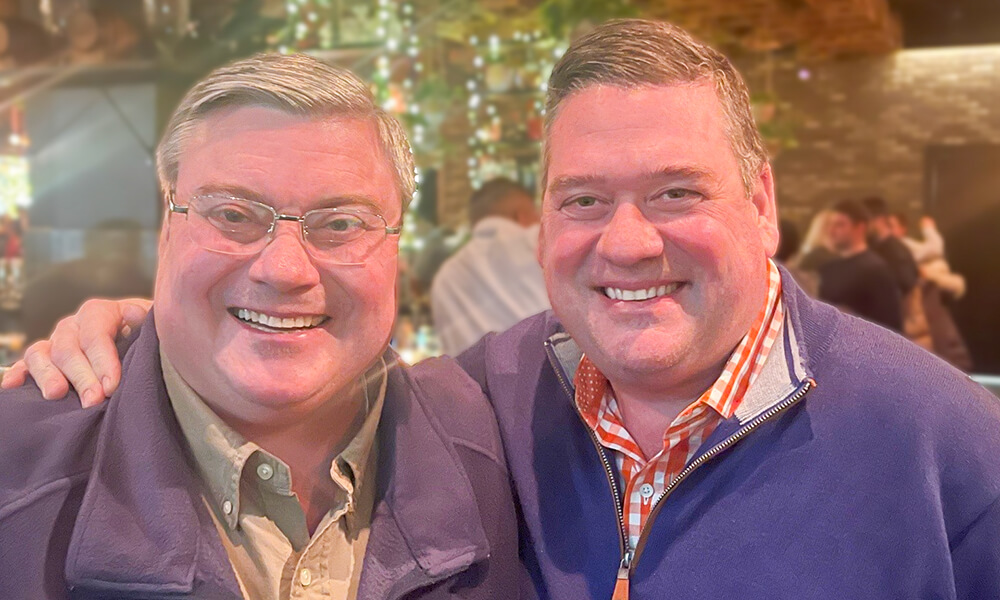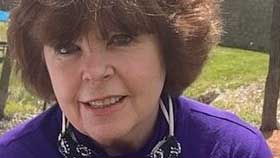Living Donor Kidney Transplant Program


Contact Information
Explore This Program
About Living Donor Kidney Transplant
Living donor kidney transplant allows for patients with advanced kidney disease or end-stage renal disease (kidney failure) to receive a transplant without waiting on the list for an organ from a deceased donor.
The Kidney Transplant Program at Massachusetts General Hospital has one of the most active, largest and experienced living donor kidney programs in the region. Nearly half of the kidneys transplanted at Mass General are given by living donors—family members, friends, co-workers, and donors who are unknown to the recipient.
What Are the Benefits of Living Kidney Donation?
There are more than 105,000 people on the national transplant waiting list with over 80% waiting for a kidney. Living kidney donation is often considered the ideal option for people with kidney disease, as it provides a healthy organ more quickly.
There are many benefits to living kidney donation for both the recipient and the donor.
Benefits for Living Kidney Donor Recipients
- Quicker: It is quicker than waiting to receive a kidney through the deceased kidney donor waitlist
- Less Time on Dialysis: Dialysis is an interim treatment that removes waste products from blood as the patient waits for transplant surgery but limits quality of life as well as long term survival
- Immediate Function: A kidney from a living donor usually functions right away and, on average, lasts longer than a deceased donor kidney
- Convenient: Along with the donor, you pick the surgery date that works best for your schedule
- Benefits Others: Your choice to receive an organ through a living donor subsequently shortens the time others in need of an organ have to wait on the deceased donor waitlist
Benefits for Living Kidney Donors
- Quality of Life benefit: Donors who are related to the recipients incur an improved quality of life related to the better health status of the recipient after transplant compared with dialysis (particularly pertinent in candidates donating to their spouses)
- Personal Satisfaction: Many living kidney donors have described this process as being a positive emotional experience
- Saves a Life: If you are donating to someone you know, it results in more time with your loved one
- Benefits Others: If you donate through the National Kidney Registry, your gift can enable multiple transplants. It also shortens the time others in need of a kidney have to wait on the deceased kidney donor waitlist
- Convenient: Along with the recipient, you pick the surgery date that works best for your schedule
Why Choose Mass General?
The Mass General Transplant Center is proud to be the largest living donor kidney transplant program in New England, and the largest kidney exchange program for those donors who do not match with their intended recipient. Our high volumes mean safer procedures and better outcomes following surgery.
Our dedicated, multidisciplinary team of living donor surgeons, coordinators, nurses, and advocates guide donors throughout the entire process and use the donor’s time efficiently, minimizing unnecessary appointments. All initial consultations start remotely, and candidates will be invited for a physical evaluation at Mass General if the results indicate potential for donation.
Kidney Exchange for Incompatible Donor Pairs
Mass General participates in the National Kidney Registry (NKR), an independent organization that facilitates transplants for patients with incompatible living donors as well as for antibody, blood type, size and age issues. A computer program finds suitable donors from other mismatched pairs in the NKR, and identifies the necessary exchanges needed to allow all corresponding recipients to be transplanted from a suitable donor. Patients may be part of a multi-pair chain that results in several recipients being transplanted across many states.
Through our partnerships, we expand access to living donor kidney transplants, coordinate suitable matches to maximize the longevity of the donor organ, and ease the experience for both the living kidney donor and recipient. Furthermore, this paired exchange program helps making transplant happen between blood type, tissue, age, or size incompatible pairs.
Advanced Kidney Donation Techniques
We offer advanced donation and remote donation. In fact, Mass General was the first center in the country to receive a remote kidney donation, when a kidney was donated in San Diego and given to a recipient in Boston.
We offer a robust telemedicine platform to allow for remote follow-up after surgery and strive to discharge patients after surgery as soon as it’s safe and the donor is comfortable—it could be as early as the day after surgery.
The Process to Become a Living Kidney Donor
Individuals who wish to become living donors undergo a three-part evaluation process. Our dedicated donor coordinators guide potential donors through each step, keeping them informed of testing and evaluation results. Typically, the recipient's insurance will cover the cost of the evaluation and surgery.
Complete the living donor health questionnaire
The journey to become a living kidney donor begins when donors submit a completed living donor health questionnaire to determine their overall health status and candidacy to donate.
Once the form is received, the Mass General living kidney donor team will send the donor a confirmation email with further instructions.
Undergo initial evaluation with the living kidney donor team
The donor candidate will complete lab work (blood and urine, including a 24-hour urine collection) at a local lab. Once the Mass General donor team receives the results, and if they do not find any serious abnormalities, the donor candidate will be scheduled for a half-day donor evaluation visit at Mass General. This visit includes an educational session and a meeting with the donor coordinator, social worker and nephrologist (a doctor who specializes in kidney care) to discuss the candidate’s medical history and conduct a physical examination. The physical examination includes an electrocardiogram (EKG) and chest x-ray.
Based on the medical history and physical exam, other tests may be necessary and can often be scheduled close to the candidate’s home for convenience.
Complete evaluation, determine candidacy and schedule surgery
The donor candidate returns to Mass General for a computed tomography (CT) scan of the kidneys and blood vessels, as well as any other necessary tests. During this visit, the donor will meet with the living donor kidney surgeon to discuss their ability to donate and what to expect for the surgical procedure and hospital experience.
The donor candidate also meets with the independent donor advocate, who works with them to ensure that their best interests are represented and that decisions made are to the benefit of the donor.
Once all tests are complete, the donor’s candidacy is reviewed by the Mass General Transplant Center’s multidisciplinary kidney transplant team. If the donor is approved, donation surgery can be scheduled on a date that is convenient for both the donor and recipient, or the donor can begin the process of being entered into the paired exchange program.
Download a PDF of the Kidney Living Donor Program Roadmap
Frequently Asked Questions
How do I become a living kidney donor?
Please complete our online, secure form at www.mghlivingdonors.org to begin the living donor evaluation process.
Do I need to be related to the recipient to become a living kidney donor?
Not necessarily. Donors and recipients do not need to be related to donate a kidney.
How do I know if I qualify to become a living kidney donor?
First, you must be healthy and willing.
There are many factors that go into donor selection, but a few important criteria that we consider are:
- Age 25-75. Anyone 18-25 years old will only be considered if they have a close relationship with the recipient
- Body mass index of 35 or less
- No history of major medical conditions, such as heart, lung and liver disease
- No history of active cancer. We require cancer remission, the duration is depending on the type of cancer
- No history of uncontrolled diabetes
- If the donor candidate has high blood pressure, it must be well-controlled
There are also certain conditions in a potential donor’s personal or family history that may require further testing to determine whether someone can be a donor (for example, history of kidney stones or family history of polycystic kidney disease).
What if I am not a match with the person I want to donate to?
Thanks to the advances of paired exchange donation (the swap program), not being a match is no longer a major hurdle against donation.
If the donor and recipient are not compatible for any reason, the candidate can still donate their kidney on behalf of their loved one through the National Kidney Registry’s (NKR) paired exchange program. In the paired exchange, the donor would give their kidney to a compatible, unknown recipient and their loved one would receive a donated kidney from a compatible, unknown living donor as part of a swap. Our team will provide additional information about the paired exchange during the living kidney donor evaluation process.
The main thing we look at when determining if a donor can donate directly to their intended recipient is blood type. Donors with blood type O are considered the universal donors, as they can donate to a recipient with any blood type. Recipients with blood type AB are considered the universal recipients, as they can receive an organ from a donor with any blood type.
If a recipient has had a previous transplant and/or blood transfusion, they might have developed antibodies—proteins in the blood produced in response to an infection—against the transplanted organ or blood product. All recipients are tested to see if they have antibodies that could react negatively to the donated organ. If they do, the donor candidate is also tested. During the donor evaluation, we will discuss antibodies in more detail.
When determining donor/recipient compatibility, we also consider other elements such as age or size differences.
Will the information from my evaluation be shared with my recipient?
No, we keep the two teams very separate, especially in the initial stages. The transplant team does not even share the donor’s name with the recipient until near the end of the evaluation process. However, as the donor, you are welcome to share as much or as little information as you would like with your recipient.
A consent form will be signed during the evaluation process, which will outline the information that might be shared with the recipient. This primarily consists of information about the donated kidney.
Can I be a living kidney donor if I live outside of the United States?
Yes, we have had many donors from outside of the United States. If you are interested in learning more about international donation, please complete our secure online form.
Will the living kidney donor process cost a lot of money?
The evaluation testing, appointments, and surgery itself are covered by the recipient’s insurance and the donor candidate does not incur evaluation, surgery, and follow-up costs. Travel and accommodation expenses, as well as costs associated with parking and preventative screening, are typically not covered; however, we can provide resources that may help with these types of extra expenses.
The National Living Donor Assistance Center's (NLDAC) mission is to reduce the financial disincentives to living organ donation. They operate a nationwide system that provides reimbursement of travel and subsistence expenses to people being evaluated for and/or undergoing living organ donation.
Donor Shield is a donor protection program run by the NKR. The Donor Shield Program Centers' offerings include reimbursement of lost wage and travel, offered to Mass General living donors who participate in an NKR swap.
Can I still live a healthy life after donating my kidney?
Yes, most donors live perfectly normal, healthy lives after donation. Though people are born with two kidneys, only one is needed to live a healthy life particularly in carefully selected healthy persons. After donation, kidney function and blood pressure are monitored by the donor team at regular intervals for up to two years. It is important to maintain a healthy lifestyle and stay in touch with a primary care physician at least yearly thereafter.
How long will I be out of work after donation?
We encourage donors to take four to eight weeks off from work. The length of time required will depend on how you feel after donation, as well as what your work entails. Any jobs requiring heavy lifting will require at least eight weeks of recovery. Some jobs that do not require strenuous effort could be resumed much earlier.
Patient Stories
Receiving a New Kidney Through Living Donation
Richard Smith was diagnosed with a rare form of glomerular disease that eventually led to needing a kidney transplant in order to stay alive. Read about Richard's journey and how his brother's choice to become his living donor gave him a new lease on life.

Kidney Donation Saved Her Cousin's Life
When Jeanette Bernard needed an urgent kidney transplant in January 2018, it was not a stranger from a donor list but her own cousin, Jill Palermo, who came to her aid.

Saving a Life: Andrea’s Choice to Donate Her Kidney
When her family member was in need, Andrea wasted no time in becoming a living kidney donor. She became Mass General’s first living donor to undergo robotic nephrectomy.

Overcoming All Odds for a New Kidney
In September 2020, Ann Foti, 60, became a living kidney donor for her husband, Gino, 63, who had been undergoing dialysis treatment for two years to manage his diabetic kidney disease.

CBS Boston: Superintendent Donates Kidney to Save Teacher's Life
CBS Boston reports on an incredible story about the power of organ donation. David Collins, a teacher at Essex Tech, received a kidney at Mass General from the school's superintendent, Heidi Riccio.
High-Volume Center
Our surgeons perform more kidney transplants than other New England institutions and achieve some of the best transplant results nationwide.
Living Kidney Donor Program
Donating a kidney is an act of great kindness. Nearly half of the kidneys transplanted at Mass General are given by living donors.
Equity in Kidney Transplantation (EqKT) Initiative
Through the EqKT Kidney Transplant Evaluation Program, the Transplant Center is committed to providing equitable care in the communities it serves.
Become a Living Kidney Donor
Complete our online form to become a living kidney donor, or call us for more information.

